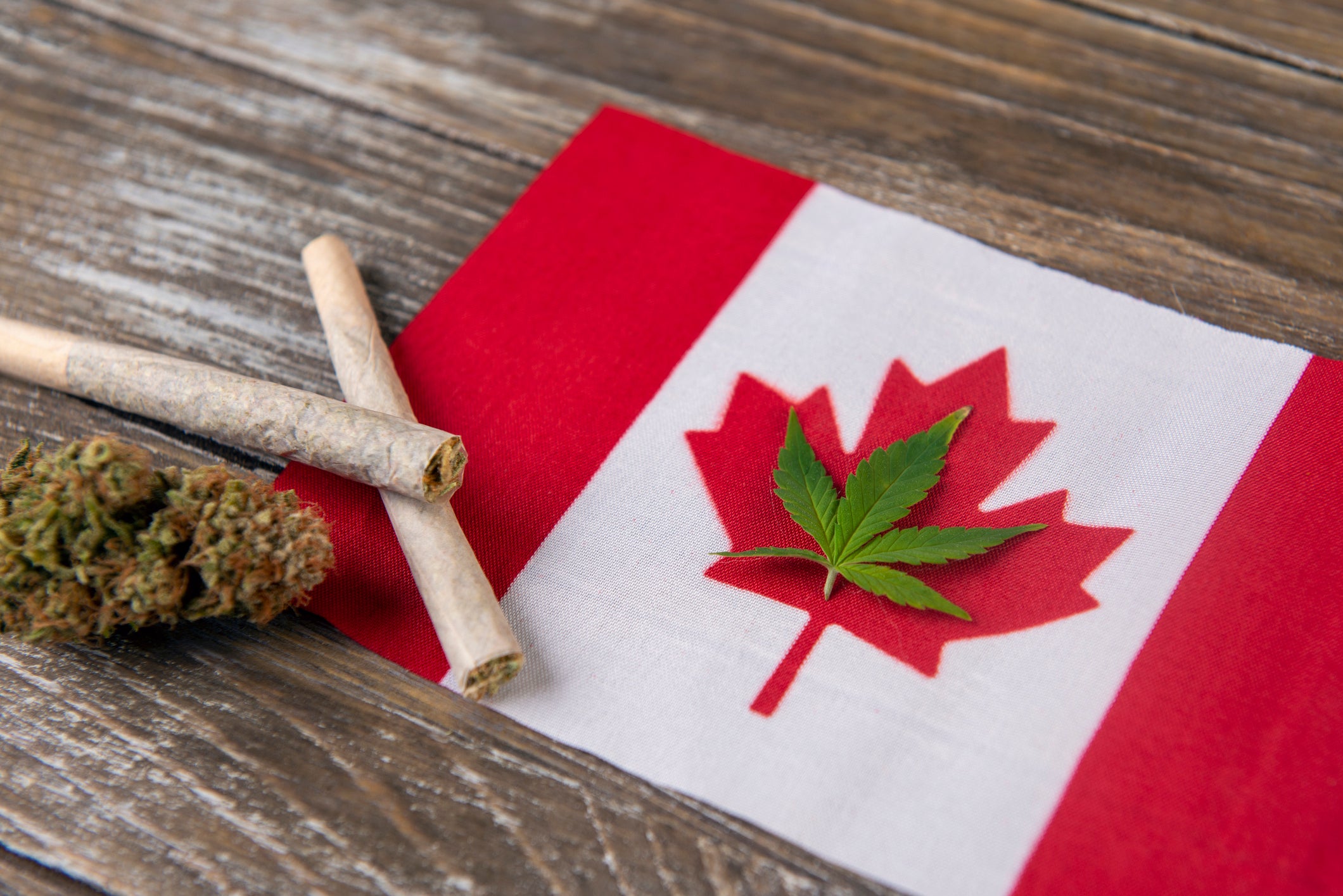Surge in Canceled Cannabis Licenses and Rising Unpaid Excise Tax in Canada
NEW YORK- The Canadian cannabis industry is facing significant operational hurdles as evidenced by the sharp increase in business license cancellations. According to data from the Canada Revenue Agency (CRA), at least 123 federal cannabis business licenses were either canceled or pending cancellation in 2023, nearly triple the number from the previous year. This escalation reflects ongoing micro- and macroeconomic challenges within the sector.
Impact of Excise Tax on Cannabis Companies A critical factor contributing to the industry strain is the excise tax imposed on cannabis businesses. Tanner Stewart, CEO of Stewart Farms, highlighted the tax’s severe impact on company margins, indicating that it has forced some operators out of the market. The tax pressure is part of broader financial difficulties that have led to increased insolvencies among cannabis businesses, exacerbating the issue of uncollectable excise duties.
Rising Uncollectable Excise Duties The amount of excise tax deemed uncollectable by the CRA has reached nearly CA$50 million as of early 2024, marking an 11% increase from the previous year. This uncollectable duty now constitutes approximately 5% of the total estimated cannabis duty collected by the government. Insolvencies have pushed uncollectable duty due to business failures to CA$38.4 million, a significant rise from the CA$25.3 million reported 11 months earlier.
Debt Among Cannabis Licensees Nearly half of all licensed cannabis producers in Canada are in arrears on their excise tax payments, with 171 out of 355 licensees owing a total of CA$262 million to the CRA. The data reveals that a small number of companies hold the majority of this debt, with those reporting more than CA$10 million in duties representing the largest share of overdue payments.
Sector Adaptation to Tax Challenges In response to these financial burdens, some companies, like Stewart Farms, have shifted their focus from the domestic recreational market to medical and international sectors, which are less impacted by excise tax complications. This pivot aims to mitigate the impact of excise duties on business operations and maintain viability in a challenging market environment.
Calls for Tax Reform and Enforcement The situation has also sparked a debate among industry stakeholders about the need for excise tax reform and more stringent enforcement against companies that fail to meet their tax obligations. While some executives push for tougher enforcement, others, including Stewart, criticize this approach, arguing that it undermines companies already struggling with financial losses.
The data and industry responses underscore the critical challenges facing the Canadian cannabis industry, emphasizing the need for regulatory adjustments and supportive measures to ensure the sector’s sustainability and growth.




































